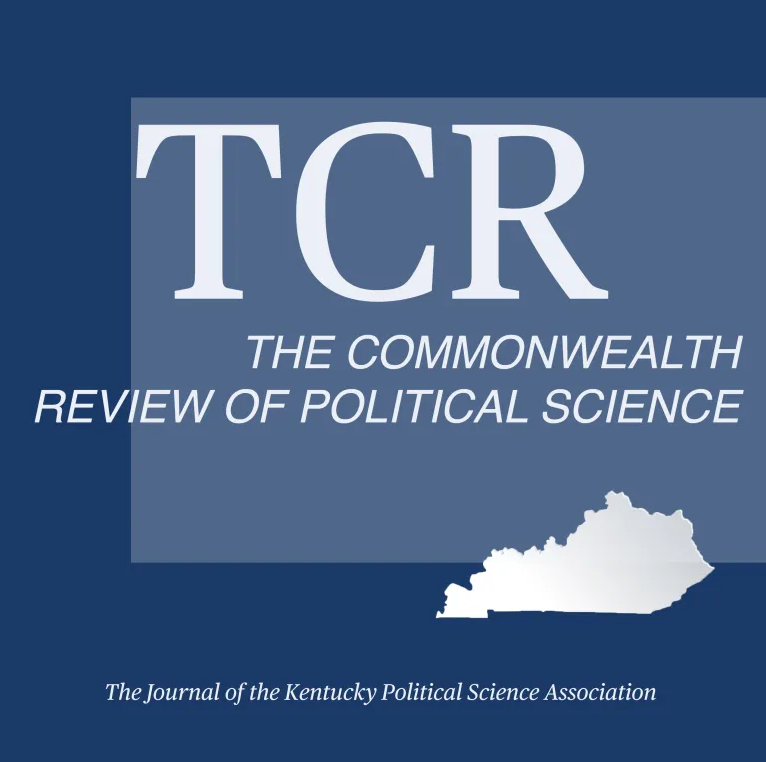Commonwealth Review of Political Science

Abstract
This paper investigates the relationship between trust in government and the likelihood of voting for political outsider candidates, focusing on Donald Trump's presidential campaigns in 2016 and 2020. Existing scholarship notes that outsider candidates typically occur outside of the two major parties in the United States. These outsider candidates typically draw in protest votes, representing dissatisfaction with the existing political establishment. Voter calculations therefore changed once Trump became the Republican nominee for president, a major party. The theory that Trump acted as a third-party candidate within a major party is thus proposed. The central thesis posits that as individuals' political trust decreases, their propensity to vote for Trump increases. To explore this relationship, the paper employs data from the American National Election Studies (ANES) and conducts multivariate regression analyses. The findings reveal that lower trust in government was significantly associated with voting for Trump in 2016, but this relationship was not statistically significant in 2020. This study contributes to the literature on voting behavior, trust in government, and the rise of outsider candidates by highlighting the role of trust in government in shaping voter preferences. Moreover, it raises questions about the motivations behind voters who shift the balance of power in a democracy and offers insights for future research on electoral politics in the United States.
Editor’s Note: The paper received the Abdul Rifai Award for Best Undergraduate Paper at the 2024 Annual Meeting of the Kentucky Political Science Association
Recommended Citation
Terry, Philip (Hayden) III
(2024)
"Hidden Outsiders on the Inside: Exploring the Impact of Trust in Government on Trump Voters in 2016 and 2020 Elections,"
Commonwealth Review of Political Science: Vol. 7:
No.
1, Article 6.
DOI: https://doi.org/10.61611/2994-0044.1054
Available at:
https://digitalcommons.murraystate.edu/crps/vol7/iss1/6
Included in
History Commons, Political Science Commons, Psychology Commons

